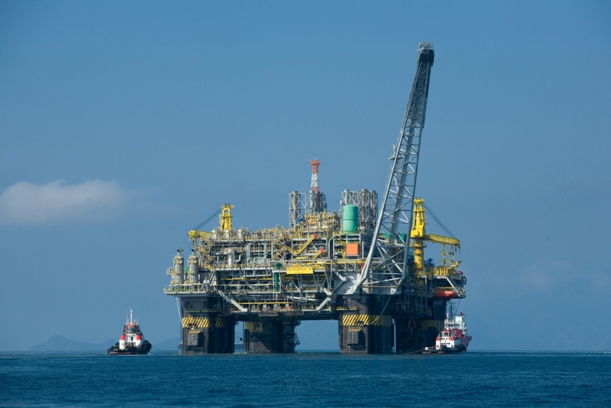Our oceans are perhaps our last earthly frontier.
The National Oceanic and Atmospheric Administration (NOAA) estimates that as much as 95 percent of our oceans and 99 percent of our ocean floor remains unexplored.
That’s pretty significant, considering our oceans make up about 70 percent of the surface of our planet.
In many ways, we are charged with being stewards of these depths in the same way we are supposed to be stewards of the lands and life that have already been explored. Despite our responsibility, we as humans have proven ourselves to be less than mindful of the plants, animals, soil and air that sustain us.
It seems we may be off to a similar start with the unexplored depths of the ocean floor.
Nautilus Minerals, a Vancouver-based company, has been granted a license by the government of Papua New Guinea to begin drilling into the ocean floor in search of copper, gold, nickel and other minerals.
They will be the first company making such a high-stakes gamble with our planet’s fragile system of checks and balances, and the first to commercialize the natural mineral resources below the ocean floor at the expense of the life that depends on it.
It is more than simply a little bit of ocean floor and a few fish at risk. Nautilus Minerals has been conducting exploratory missions since 1997 and has discovered gold and copper deposits with grades so high that their quality has seldom, if ever, been seen in terrestrial mining operations.
They have already signed a deal with Chinese smelting company Tongling Nonferrous Metals Group to sell the copper they expect to find. Mining operations are expected to begin in early 2018.
If their mining operations prove their research is correct, a mad dash for the ocean’s natural resources with the excitement and fervor of the California Gold Rush, yet with much bigger corporate influence, is likely to follow.
Never before has there been a deep sea mining project such as this, and the potential for unleashing a Pandora’s box of consequences is huge.
The irreversible impact such a project would likely have on native species is immeasurable, as is the potential toxicity of minerals and byproducts released into vital ocean habitats as a result.
The government of Papua New Guinea is now under fire from other countries and from within its own populous for granting Nautilus Minerals permission to mine the ocean floor. Still, the country is poor and the government stands to gain a 30 percent stake in its 20-year deal with the mining company.
Just what can be done to stop a potential disaster to our already stressed ocean ecosystems is limited.
Avaaz.org, co-founded by activist groups MoveOn.org and Res Publica—which does not take donations from corporations or foundations—launched a petition to halt bank funding of Nautilus Minerals’ mining project. They and other activists are hoping that a media blitz campaign, as well as caring individuals and groups can rally enough support to convince the Papua New Guinea government to rescind their mining license.
Ultimately, it will take people like you and I caring enough about our responsibility to all life to create change.
Enough is enough. It is time to recognize our responsibilities and protect the habitats that connect and sustain us all. All of life is connected in an intricate web that can no longer be ignored. The stakes are simply too high, and what is at risk is too important to gamble with.
Author: Amanda Christmann
Editor: Catherine Monkman; Caitlin Oriel
Image: Wikimedia Commons







Read 0 comments and reply